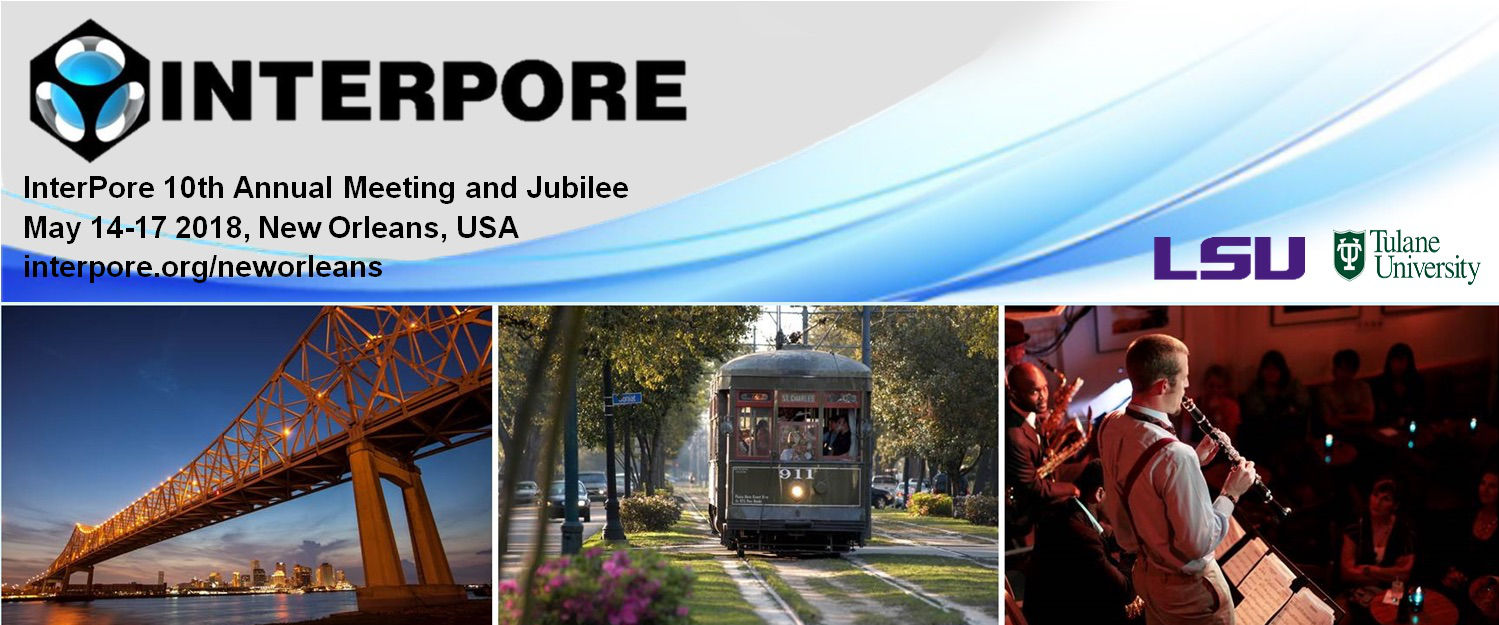Speaker
Description
Thermochemical materials can store solar energy in the form of chemical energy. The stored solar energy can be used for household applications (hot tap water and room heating). These materials thus form a so-called heat battery. We investigate how salt hydrates can be used for this purpose. These salt hydrates release water (dehydration) when they absorb solar energy in summer. They absorb water (hydration) to release solar energy in winter. The durability and the rate of heat release (power) from the storage system depend on the chemical and physical properties of salt-hydrates. Magnesium chloride and calcium chloride hydrates are often used salt hydrates. There are, however, undesired chemical reactions which could occur during dehydration. One of them is the production of hydrochloric acid.
Using multi-scale modeling, Amar studied the salt hydrates in full atomic detail. From atomic modeling, he found out that CaCl2 hydrates have higher resistance to undesirable hydrochloric acid production than MgCl2 hydrates. On the molecular scale, material properties like diffusion coefficients and thermal conductivities of these salt hydrates are derived from the motion of atoms. These properties affect the performance of salt hydrate-based storage systems. Furthermore, the effects of cracks and defects, which are usually observed in experiments, on the dehydration reaction are investigated. The research also identified that a chemical mixture of CaCl2 and MgCl2 hydrates has higher resistance to unwanted hydrochloric acid production than the hydrates of the pure components. In this way, an important step is made towards high-performance salt hydrate-based heat batteries.
| Acceptance of Terms and Conditions | Click here to agree |
|---|


